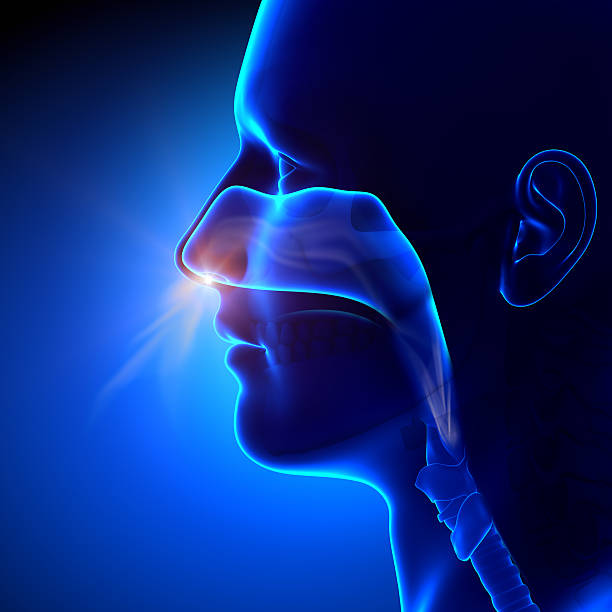+918048035590

This is your website preview.
Currently it only shows your basic business info. Start adding relevant business details such as description, images and products or services to gain your customers attention by using Boost 360 android app / iOS App / web portal.
Allergic Rhinitis Treatment In Chembur Allergi...

Allergic Rhinitis Treatment In Chembur Allergic rhinitis, commonly known as hay fever, is an allergic reaction that affects the nose and sinuses. The primary goal of treating allergic rhinitis is to reduce or eliminate the symptoms caused by the allergic response. Here are some common treatment options: Avoidance of allergens: The first step in managing allergic rhinitis is to identify and avoid the triggers or allergens that cause your symptoms. This may include avoiding outdoor activities during high pollen seasons, keeping windows closed to prevent allergens from entering your home, and using air purifiers to reduce indoor allergens. Medications: Antihistamines: These drugs block the action of histamine, a chemical released during an allergic reaction. They can help relieve sneezing, itching, runny nose, and watery eyes. Antihistamines are available in oral tablets, liquid forms, nasal sprays, and eye drops. Some antihistamines may cause drowsiness, so be cautious when using them. Nasal corticosteroids: These nasal sprays reduce inflammation in the nasal passages and help relieve congestion, sneezing, and runny nose. They are often the most effective treatment for allergic rhinitis. Nasal corticosteroids are available by prescription and some are also available over the counter. Decongestants: These medications can temporarily relieve nasal congestion by constricting blood vessels in the nasal passages. However, they should only be used for a short duration to avoid rebound congestion. Decongestants are available in oral tablets, nasal sprays, and nasal drops. Leukotriene modifiers: These medications block the action of leukotrienes, which are inflammatory chemicals released during an allergic reaction. They can help relieve nasal congestion and other allergy symptoms. Immunotherapy: In cases of severe or persistent allergic rhinitis, immunotherapy may be recommended. This treatment involves regular injections or sublingual tablets that expose your body to small amounts of allergens over time, gradually desensitizing your immune system. Nasal rinses: Saline nasal rinses can help flush out allergens and irritants from the nasal passages, reducing congestion and improving symptoms. You can use a neti pot or a nasal irrigation kit to perform nasal rinses with sterile saline solution. It's important to consult with a healthcare professional to determine the best treatment approach for your specific case of allergic rhinitis. They can assess your symptoms, medical history, and recommend appropriate medications or therapies.

